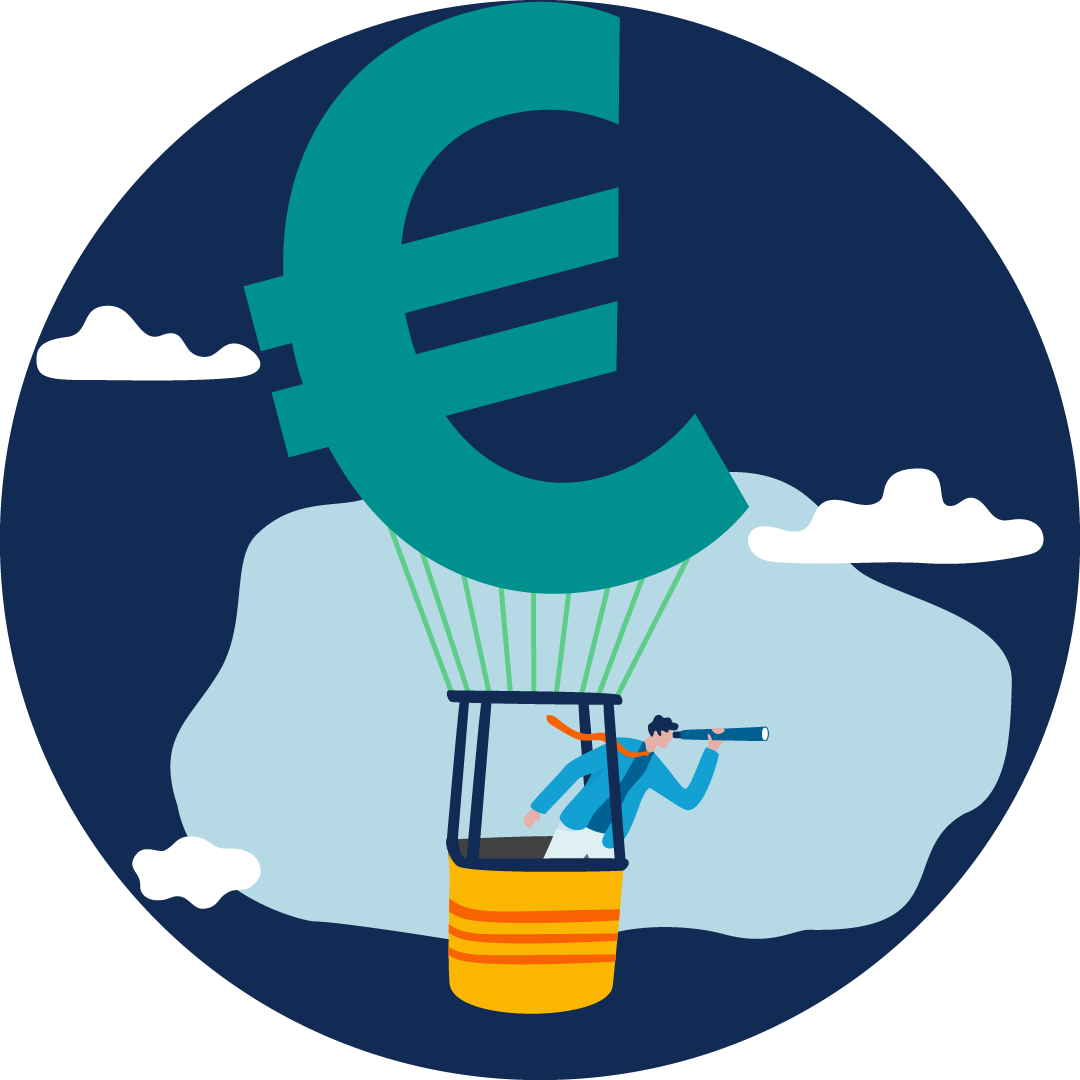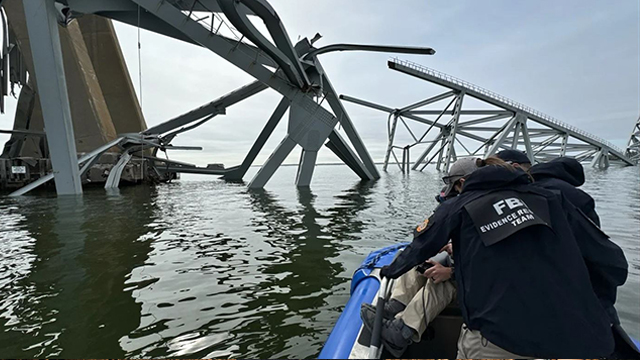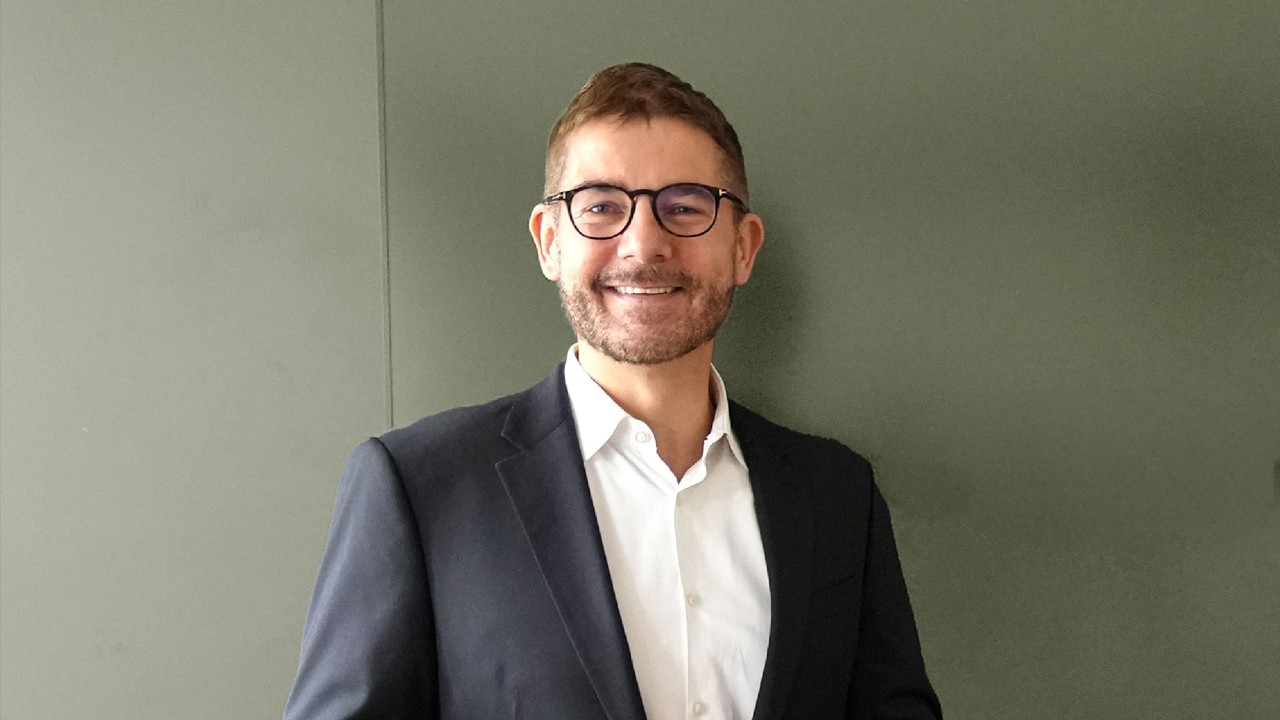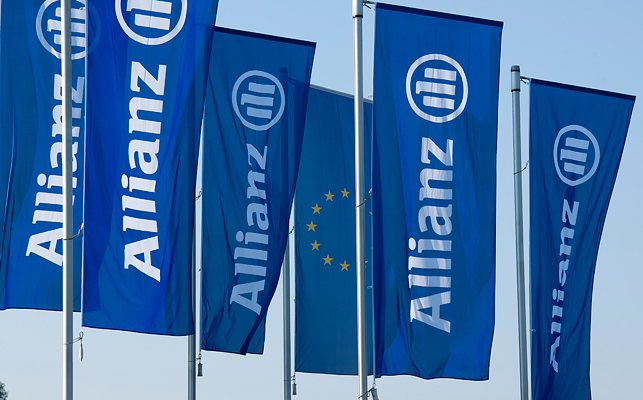Insurance protects when things fall apart

During the 1960s, with the world locked in a seemingly endless cycle of wars, upheavals and disruptive social movements, pundits often referenced The Second Coming by William Butler Yeats as an ominous social comment. Written in 1919, during the Irish War of Independence and the devastation of the Spanish Flu pandemic, Yeats’s cataclysmic work also captured the mood of the later era.
“Things fall apart;” the poem warns. “The center cannot hold; Mere anarchy is loosed upon the world.” Today, we are living through a similar era of conflict, economic turmoil and decaying institutions. That disarray and unrest are hallmarks of our times is captured in the 2023 Allianz Risk Barometer. For only the second time in the last six years, political risks and violence have returned to be a top ten concern of businesses.
“That is driven by 2022 being another year of conflict and civil unrest around the world,” says Srdjan Todorovic, Head of Terrorism and Hostile Environment Solutions at Allianz Global Corporate & Specialty. “There is a feeling of insecurity driven by the Russian-Ukraine conflict inflation, the energy crisis in Europe and threatened shortages of essentials for living.”
A time of turbulence
So far, 2023 is proving a seamless continuation of 2022. In January, a mob of far-right supporters of former Brazilian President Jair Bolsonaro stormed the Federal Congress and Supreme Court. The United States is regularly shooting down Chinese balloons over its skies. Expectations are also that Russia will unleash another massive offensive in Ukraine in the spring.
“These types of events are making our era one of uncertainty. There is also an elevated risk of strikes, riots and civil commotion (SRCC),” explains Todorovic. “This can have huge impacts on businesses and individuals. It can affect supply chains and significantly raise the price of food.”
The 2023 Edelman Trust Barometer confirms this outlook. According to the annual global survey, economic optimism has collapsed. In 24 of 28 countries, few people believe that they and their family will be better off in five years.
According to Edelman, economic pessimism is one of six factors weakening the social fabric and driving social polarization. The others include growing distrust of governments and the media and societal fears. Increasing distrust leads to increasing polarization, with six countries identified by Edelman as severely polarized, including Argentina, Spain, Sweden and the United States. Another nine, among them Brazil, France, Germany, Italy and Japan, are in danger of extreme polarization.
The politics of division
The Second Gilded Age
According to Edelman, another factor behind these shifts is the growing sense of systemic unfairness. People readily see growing social inequality believing that those in the top quartile of income live in a different trust reality than those in the bottom quartile. The countries with the greatest income-based trust inequality (20+ point gaps) were identified as Thailand, the United States, and Saudi Arabia.
These perceptions reflect the data. For example, the Pew Research Center notes that income inequality in the US is found to have increased by about 20% from 1980 to 2016 based on data from the US Census Bureau. Such growing inequality has led to our times being called the second Gilded Age, referring to the period in the United States from 1877 to 1896, which was marked by vast wealth disparities.
Today, the concentration of incomes in the United States matches the first Gilded Age. Between 1978 and 2018, the share of pre-tax income earned by the top 1% rose from 10% to about 19%, and the share of wealth owned by the top 0.1% rose from 7% to almost 20%, roughly where it was a century ago. This is a dramatic development and not confined to America.
“Growing inequality provides energy to the disruptive social movements,” Todorovic comments. “Whether this is a sense of socio-economic injustice or injustice regarding race, people are more willing to hit the streets and make their feelings known. These events are mostly peaceful, but they can turn violent and that’s fueling the increased risk of strikes, riots and civil commotion globally.”
Home economics fuels discontent
“Surging food prices can push weaker economies with balance-of-payment or debt-sustainability concerns over the edge into a full-fledged crisis,” says Ludovic Subran, Chief Economist of Allianz. “Sri Lanka is an example. The country experienced an almost total economic meltdown in 2022 with inflation hitting more than 50% last year. ”
The Allianz report identified 11 larger emerging markets facing a substantial risk of food-related protests in the next few years: Algeria, Bosnia and Herzegovina, Egypt, Jordan, Lebanon, Nigeria, Pakistan, the Philippines, Sri Lanka, Tunisia and Turkey. Todorovic believes inequality is likely to grow in the medium term.
“From an underwriting perspective, I see things getting worse,” he comments. “But this depends on how the global economy recovers and what governments do to redistribute wealth, ensure access to services like health care and reduce the cost of fuel and electricity prices. These types of things have a direct impact on people’s pockets.”
Providing stability
Like ballast in a ship’s hull, insurance plays a critical role in mitigating inequality by providing stability and control during turbulent seas. Todorovic comments insurance can protect companies against damages resulting from political violence, as well as any interruption to the business. Policies can cover civil war, SRCC, terrorism and war.
“It is a backstop, a necessary last resort for businesses. Brokers and underwriters are also knowledgeable about emerging risks and can nudge companies to think about perils they may have not yet considered,” Todorovic says.
The origins of modern insurance stem from the aftermath of the Great Fire of London in 1666. Insurance helps provide a social safety net transferring the risk of catastrophic losses from individuals to an intermediary who spreads it across society. In our world, the focus has become more on business as insurance has become a global industry.
“However, I believe insurance can still contribute to mitigating social inequality,” Todorovic notes. “As long as a policy is in place, vulnerable people are less exposed to falling into poverty following a financial shock, such as redundancy or health issues. It is a safety net but only part of the solution. Addressing social inequality must be tackled by society as a whole and that could significantly reduce the uncertainty of our world.”
About Allianz
** As of December 31, 2023.


